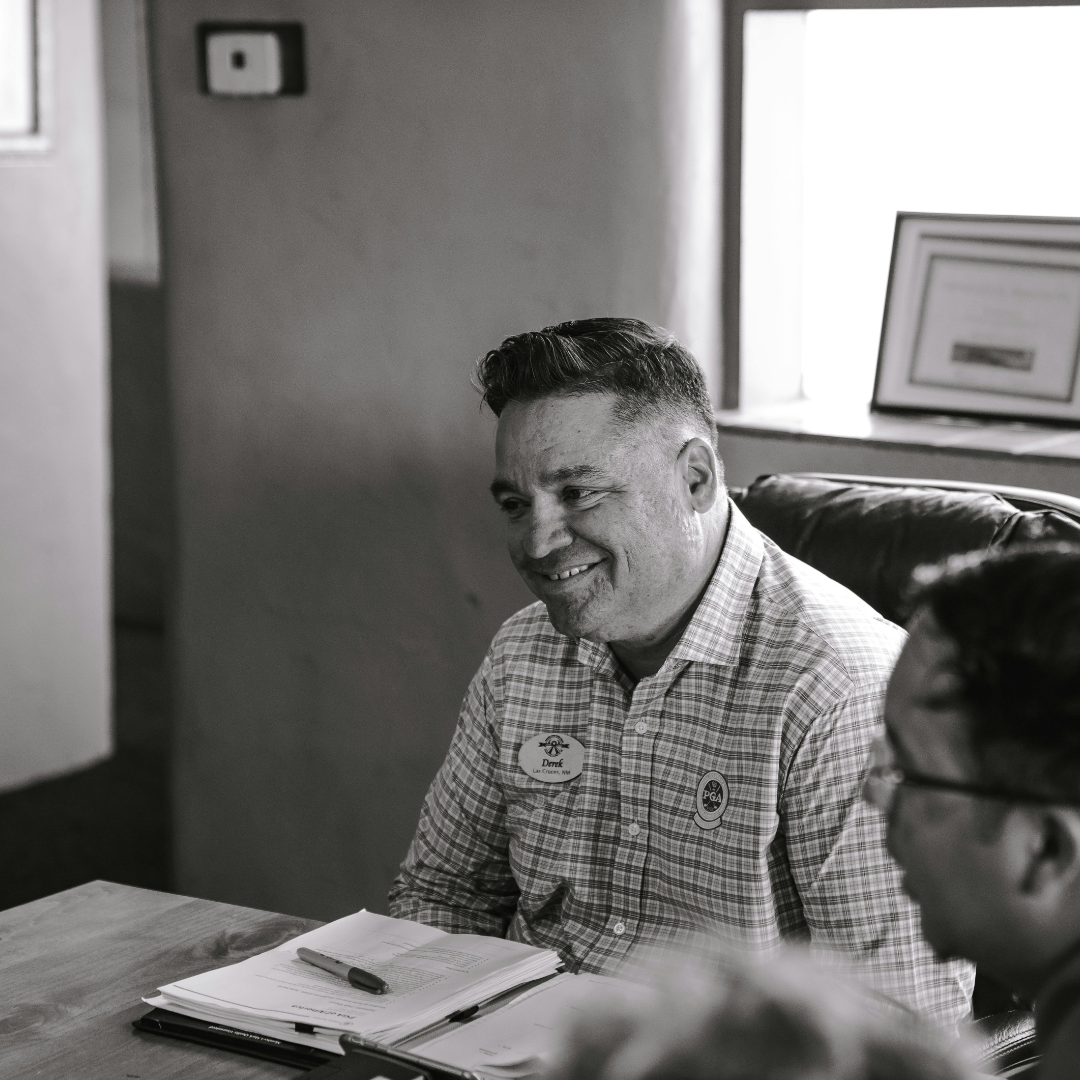Parenting in Recovery: Balancing Healing and Family

Parenting in recovery presents unique challenges and profound opportunities. Recovery demands a deep commitment to personal growth, resilience, and healing—tasks that can be emotionally draining and time-consuming. For parents, these demands are compounded by the responsibility of caring for their children, creating a delicate balance between self-care and parenting.
Navigating this dual role requires addressing emotional availability, managing guilt or shame, and rebuilding trust with children. Recovery can leave parents feeling stretched thin, yet it also opens the door to healing family relationships. By focusing on personal accountability and consistent, nurturing interactions, parents in recovery can foster deeper connections and create a foundation for resilience. Though the journey is demanding, it offers a powerful opportunity for transformation and strengthened family bonds.
Strategies for Effective Parenting and Rebuilding Trust
Parenting while in recovery requires a thoughtful approach that prioritizes both personal healing and the well-being of children. Rebuilding trust and fostering a nurturing environment is crucial for creating strong, healthy family dynamics. Here is an expanded exploration of key strategies:
- Prioritize Self-Care
Self-care is foundational to both recovery and effective parenting. Parents must care for their physical, emotional, and mental health to be better equipped to support their children.- Physical Health: Regular exercise, a balanced diet, and sleep improve well-being and serve as healthy habits to model.
- Mental Health: Therapy and stress-management techniques help parents stay emotionally available.
- Emotional Health: Addressing guilt and shame through counseling alleviates emotional burdens and improves interactions with children.
- Establish Consistent Routines
Children thrive on predictability. Routines offer security and stability, especially during times of transition like recovery.- Daily Schedules: Set regular times for meals, schoolwork, and bedtime to help children feel safe and know what to expect.
- Involvement: Engage children in routine-setting, giving them a sense of control and collaboration.
- Flexibility: While consistency is key, flexibility is important to teach adaptability when things don’t go as planned.
- Spend Quality Time and Practice Active Listening
Spending intentional time with children and listening actively helps rebuild trust and strengthens emotional connections.- Make Time Count: Simple activities like cooking, walking, or doing creative projects can reinforce that your child is a priority.
- Be Fully Present: Limit distractions like phones and work, focusing entirely on your child during quality time.
- Active Listening: Listen attentively, reflect back their feelings, and show that their emotions are valid.
- Be Honest and Transparent About Recovery
Transparency is key to rebuilding trust. Age-appropriate honesty helps children understand the recovery process and reduces fear or confusion.- For Young Children: Simple reassurances like, “I’m working on being healthier so I can be the best parent for you,” can help them feel safe.
- For Older Children or Teens: More detailed conversations about addiction and recovery help older children understand accountability and change.
- Emphasize Hope: Frame recovery as a positive journey of growth and healing to reassure children about the future.
- Rebuild Trust Through Consistency and Accountability
Trust, often damaged by addiction, can be rebuilt through consistent actions and accountability.- Follow Through: Honor commitments, from attending school events to being present for family meals.
- Admit Mistakes: Acknowledge mistakes and take responsibility. Avoid excuses and commit to improvement.
- Be Patient: Trust-building takes time. Demonstrating consistency helps reinforce your child’s belief in you.
- Respect Boundaries and Show Patience
Children may process emotions differently as they cope with your recovery. Respecting their boundaries and showing patience is key to fostering healing.- Allow Emotional Processing: Encourage children to express anger, confusion, or sadness without fear of judgment.
- Give Space: Respect when a child needs space, and reassure them you’re available when they’re ready to engage.
- Practice Empathy: Validate their feelings and let them know it’s okay to feel conflicted about the changes.
- Create a Supportive Network
Recovery is challenging, and having a support network is vital for both personal and parenting success.- Family and Friends: Trusted loved ones can offer emotional support and help with childcare, giving parents time to focus on recovery.
- Support Groups: Connecting with groups like Al-Anon or Narcotics Anonymous provides shared understanding of parenting in recovery.
- Professional Help: Therapists or family counselors specializing in addiction recovery can offer strategies for improving communication and relationships.
The Benefits of Parenting in Recovery
Parenting in recovery brings both challenges and valuable rewards. Through the healing process, parents develop greater self-awareness and resilience, which helps them guide their children through life’s challenges. Recovery also offers a renewed perspective on parenting, allowing for more patience, gratitude, and mindfulness, leading to deeper connections with their children.
As families heal together, relationships grow stronger, fostering empathy and mutual support. Parents model perseverance and self-compassion, showing their children that mistakes can lead to growth. Recovery also enhances communication, improving family dynamics through active listening and conflict resolution.
In the end, parenting in recovery allows parents to create a legacy of resilience and hope. While the journey is tough, the rewards—stronger bonds, personal growth, and a more positive outlook—are immeasurable.
Don’t let addiction hold you back any longer. Finding a rehab center near me can make all the difference in your recovery journey. We offer the care, resources, and support you need to take control of your life. Call us today and let’s work together to build the future you deserve.




